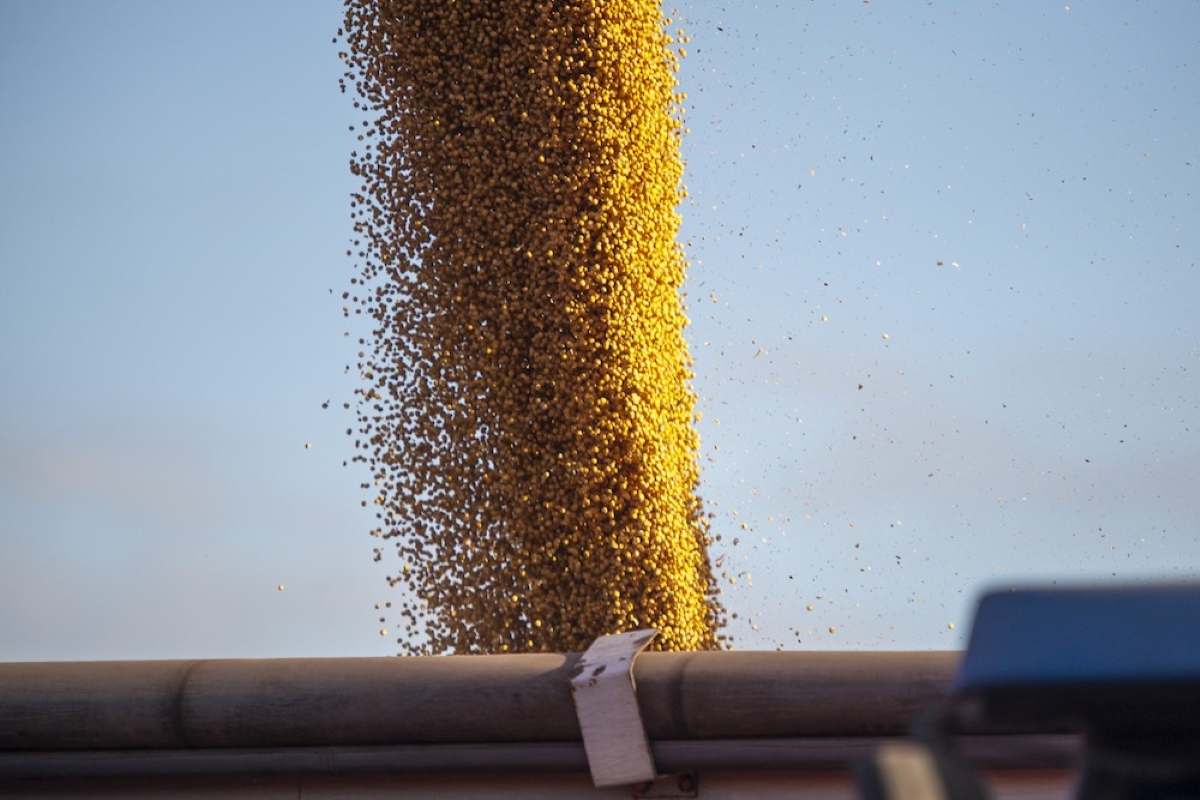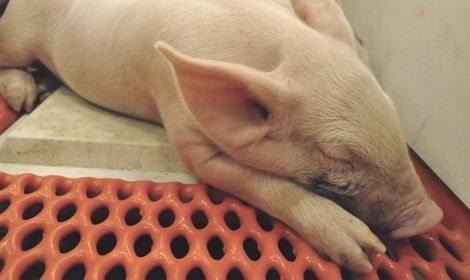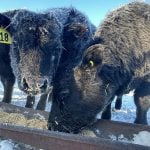Reuters — Canadian farm groups are blasting U.S. truck washes for being too dirty to prevent the spread of a virus that has killed millions of piglets in recent years, exposing a dispute over the effectiveness of such facilities in North American agriculture.
The brewing battle over trucks comes as Manitoba, which slaughters more swine than any other Canadian province, has reported its first new cases of porcine epidemic diarrhea virus (PEDv) in 16 months.
Provincial government officials have identified three infected farms in the past two weeks, after Canada’s food inspection agency in May revived a requirement that trucks delivering pigs to U.S. farms be washed before crossing back into Canada.
Read Also

Trump, Xi discuss Taiwan and soybeans in call aimed at easing China, U.S. relations
China is considering buying more U.S.-farmed soybeans, President Donald Trump said after what he called “very positive” talks with President Xi Jinping on Wednesday, even as Beijing warned Washington about arms sales to Taiwan.
A spokeswoman for Manitoba Pork, a trade association, said Thursday she did not know how many pigs had died.
The infections are fueling concerns among Canadian farmers and veterinarians that commercial U.S. washes are contaminated with the virus and raising the risk for outbreaks. There is no proof linking U.S. facilities to the latest cases, they said.
“We have our deep, dark suspicions,” said Andrew Dickson, general manager for Manitoba Pork.
Canada is considered optimal for breeding swine because long distances between farms hinder the spread of disease. The country exported nearly five million pigs to U.S. farms last year.
Two years ago, during a U.S. outbreak of the virus that ultimately killed about eight million pigs, the Canadian Food Inspection Agency suspended a rule requiring trucks carrying swine be washed in the U.S.
CFIA ended the exemption last month after U.S. infections of the virus had dropped due to better farm sanitation and animal immunity.
U.S. truck washes “continue to be an effective tool in preventing swine diseases from entering Canada,” the agency said this week.
Jon Samson, an executive director for the American Trucking Associations, said he could not imagine U.S. washes would increase infections.
But Mike Brumm, a U.S. swine consultant, said “the truck wash itself could be the source of contamination” in infected herds. More U.S. producers are cleaning trucks themselves as a precaution, he said.
The problem with commercial washes, according to Canadian farm groups, is that some use recycled water, which can spread diseases, and others do not heat trucks enough to kill viruses.
“PED virus is endemic in the United States,” said Egan Brockhoff, veterinarian counselor for the Canadian Pork Council. “We weren’t getting virus brought into Canada when we were using the exemption.”
Ontario, which has reported the bulk of Canada’s on-farm PED cases at 97 since the virus first crossed into Canada in January 2014, has seen 12 cases since the beginning of 2016. Its most recent was confirmed at a finisher barn in Oxford County on Tuesday.
— Tom Polansek reports on agriculture and ag commodity markets for Reuters from Chicago. Includes files from AGCanada.com Network staff.
















